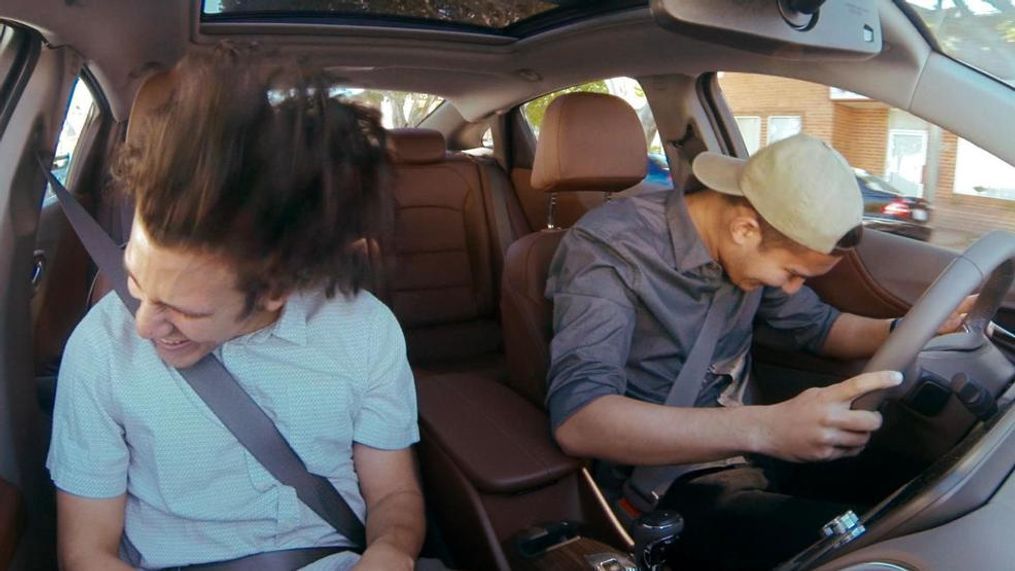Most parents don't enforce teen driver safety laws [Survey]

A new survey shows almost a quarter of parents don't enforce teen driver safety laws, better known as Graduated Drivers Licensing (GDL) restrictions. Insure.com produced the results of its 2018 study last month, which showed 17 percent of parents said they sometimes don't enforce the laws.
Five percent of parents acknowledged they never enforce the GDL laws, and the rather high numbers come from a variety of factors, according to parents' responses. The number one reason parents said they don't enforce the laws was because their teen simply won't listen to their parents. Of the 1,000 respondents, 33 percent said their teen driver doesn't always listen to them.
MORE: Study finds drivers trust active safety tech but are unaware of limitations
However, education surrounding GDL laws is another major factor.
Most states have a three-stage GDL law. A teenager is first granted a learner's permit after passing a qualifying test. The temporary learning permit allows teenaged drivers to operate a vehicle only with a supervised adult in the car. He or she must log a given number of hours behind the wheel with supervision to obtain an intermediate license.
The intermediate license removes the supervision from teenaged drivers, but states place various restrictions on the young drivers. Teens may be subject to laws limiting the number of passengers, curfew and cell phone restrictions. Finally, a teen earns a full-privilege license with no restrictions. The process varies by state for when a teen is eligible for a no-restriction license.
The survey said 29 percent of parents don't know about GDL laws, while 25 percent believed the laws aren't fair to their teen driver. Additionally, 23 percent said they (the parents) choose which GDL laws their child must adhere to.
Of the major restrictions GDL laws place on teenaged drivers, parents named cell phone restrictions as the number one rule they most often break. According to the survey, a whopping 49 percent don't enforce cellphone restrictions. Following closely behind was 45 percent of parents that don't enforce passenger restrictions, or too many individuals riding in the same car with a teen driver.
Further, 36 percent don't enforce time restrictions, 18 percent don't follow proper hourly driving logs (fibbing about the time their teen has spent behind the wheel), and 7 percent let their teen drive alone even though it's against the law.
Good driving behavior starts with what teen drivers observe, however. Combined, 51 percent of parents surveyed said they text while driving in some form. And poor driving habits can lead to serious consequences behind the wheel. Adding a teenager to an auto insurance plan can increase premiums by 161 percent, but enforcing good behavior through driver education and other programs can help soften the risk factor.
Read more from Internet Brands Automotive:
- 2019 Honda Civic Type R receives round of updates, $36,595 starting price
- 2021 Mercedes-Maybach GLS spy shots
- Mopar ready to stomp the competition with 1,000-horsepower Hellephant crate engine
- Hennessey finally performs V-8 engine swap on F-150 Raptor
- 2019 Subaru Forester Sport review update: Crossover plays the name game
